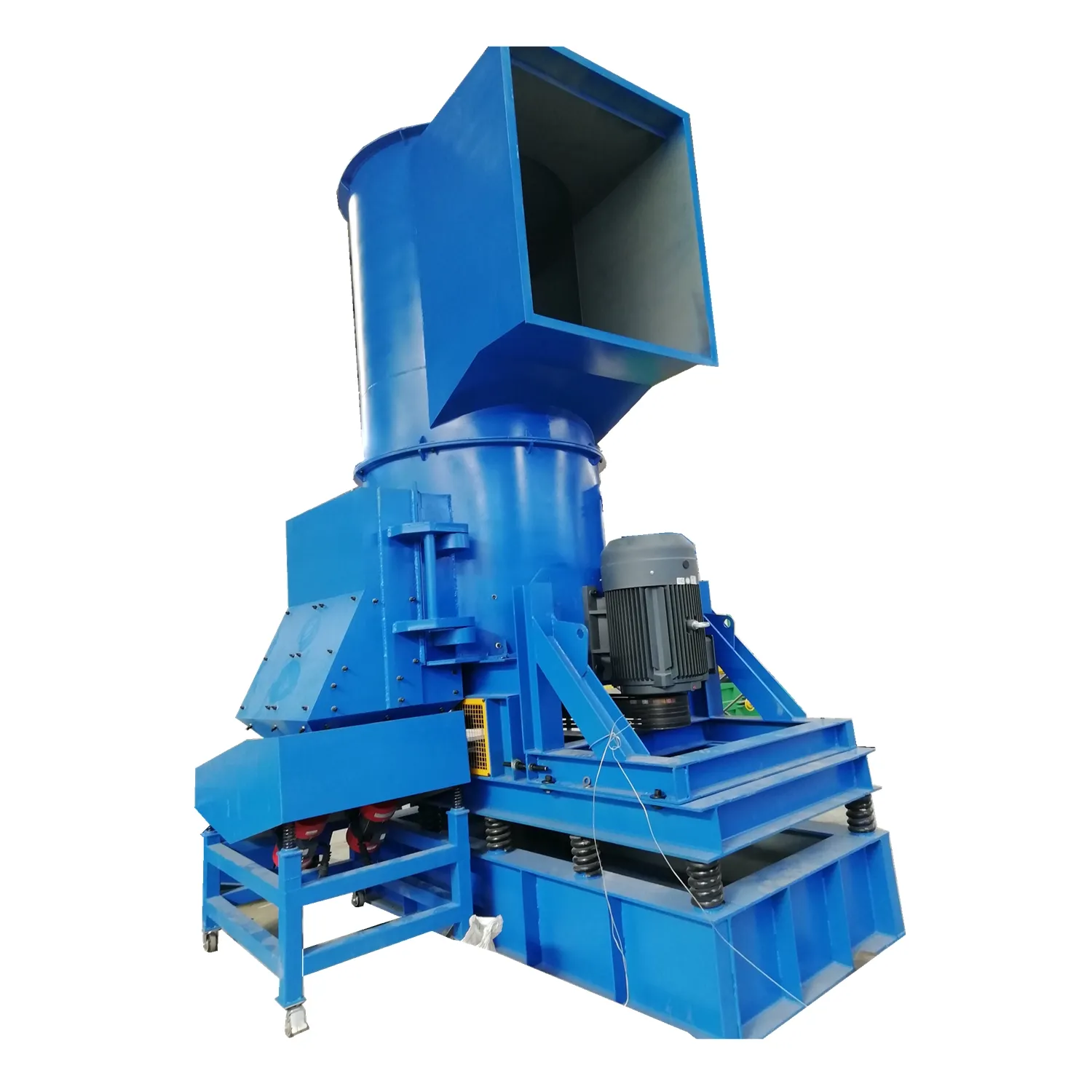

Set . 10, 2024 18:37 Back to list
The Industrial Chipper Revolutionizing Waste Management
In today’s fast-paced, environmentally conscious world, the efficiency of waste management is crucial. Among the many innovations that have streamlined the process, the industrial chipper stands out as a pivotal solution. Designed for heavy-duty tasks, industrial chippers serve various industries, notably in forestry, landscaping, and recycling sectors. They transform bulky waste materials into manageable chips, enabling more efficient processing, transport, and disposal, while also promoting sustainability.
Industrial chippers function by taking large branches, tree limbs, and other organic materials, and breaking them down into small chips. The size of these chips can vary, providing flexibility depending on the intended use. For example, smaller chips may be suitable for composting or mulch, while larger chips can be used in bioenergy production or as raw materials in the manufacturing of various products. This versatility is one of the key advantages of industrial chippers, as they can cater to the needs of various markets.
The operation of an industrial chipper involves a series of powerful blades that cut and shred the input materials as they are fed into the machine. These blades are often made from hardened steel for durability and are designed to withstand the rigors of continuous operation. Many modern industrial chippers are equipped with advanced technology, including automated feeding systems and hydraulic controls, which enhance productivity and safety. Operators can adjust the chipper’s settings to produce chips of desired sizes and textures, ensuring that the end product meets specific requirements.

One of the most significant benefits of utilizing an industrial chipper is its positive impact on the environment. By converting organic waste into chips, companies can significantly reduce the volume of waste sent to landfills. This not only helps in minimizing landfill congestion but also reduces greenhouse gas emissions associated with decomposing organic matter. Furthermore, the chips produced can be repurposed into a variety of eco-friendly products, such as mulch for gardens or biomass fuel, thus creating a circular economy where waste is transformed into valuable resources.
Safety is a paramount concern in any industrial setting, and industrial chippers are no exception. The design of these machines incorporates numerous safety features, such as emergency stop buttons, sound alarms, and protective covers that shield moving parts. Additionally, operators are often trained in the best practices for handling and operating chippers, ensuring a safe work environment.
As the demand for sustainable practices continues to rise, the role of industrial chippers is becoming increasingly important. Businesses are not only looking to enhance their operational efficiency but also to align with environmental responsibility. By investing in high-quality industrial chippers, organizations can demonstrate their commitment to sustainability while improving their waste management processes.
In conclusion, the industrial chipper is more than just a piece of equipment; it represents a critical evolution in the approach to waste management. Its ability to convert organic waste into usable materials not only streamlines operations but also supports the broader goals of sustainability and environmental stewardship. As industries continue to seek innovative solutions to reduce their ecological footprint, the industrial chipper will undoubtedly remain a key player in this transformation.
Latest news
Troubleshooting Common Eddy Separator Problems
NewsJul.04,2025
The Role of Metal Recycling Plants in Circular Economy
NewsJul.04,2025
The Impact of Recycling Line Pickers on Waste Management Costs
NewsJul.04,2025
Safety Features Every Metal Shredder Should Have
NewsJul.04,2025
How Industrial Shredders Improve Waste Management Systems
NewsJul.04,2025
How Cable Granulators Contribute to Sustainable Recycling
NewsJul.04,2025